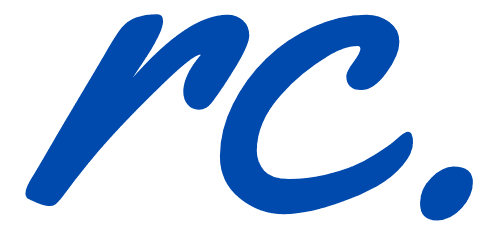Are you doing any website optimization? If you have not, you better do as the next Google Penguin Update is on it's way. Don't freak out as this article will explain in detail how you can prepare …
Continue Reading about How Website Optimization Can Save You From The Google Penguin Update? →


